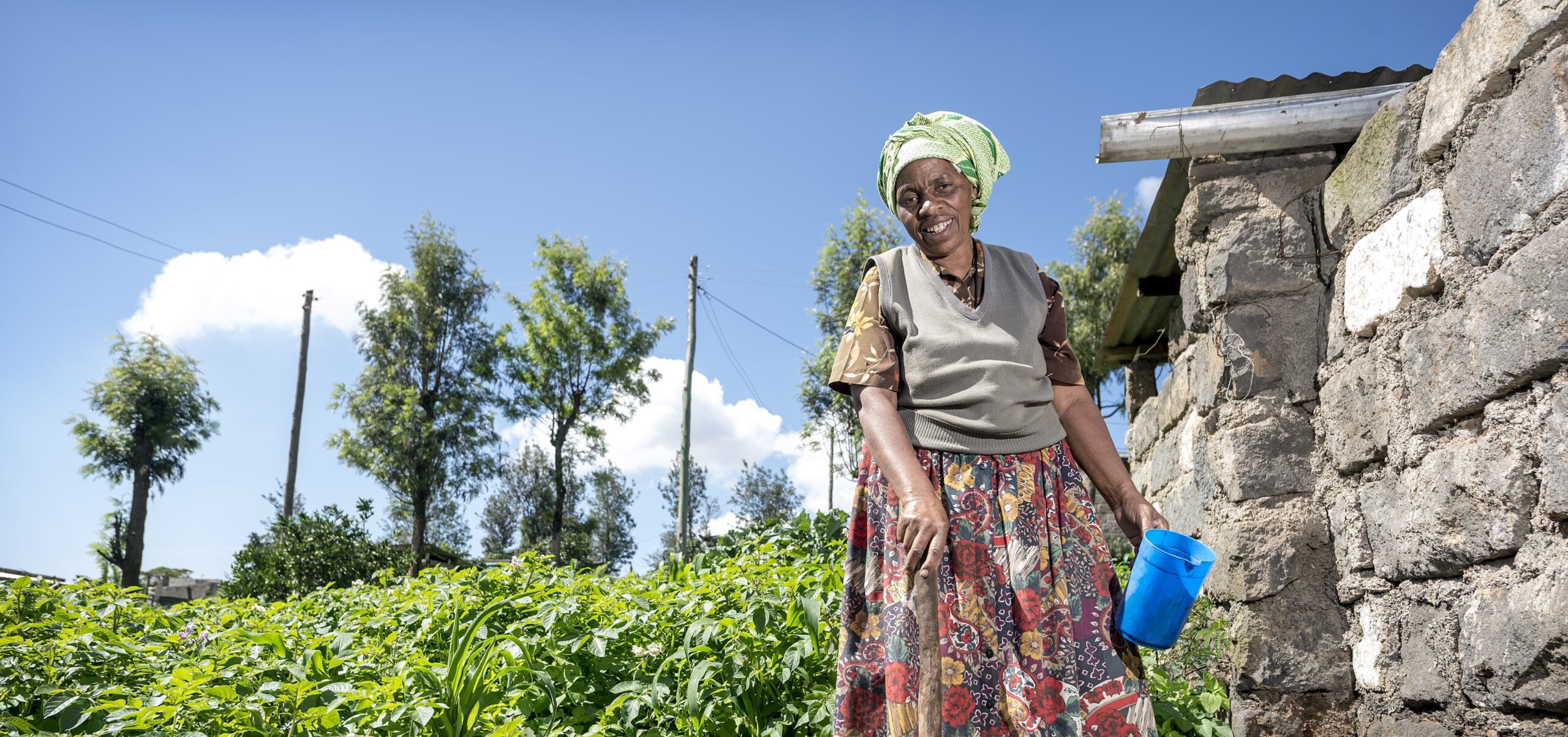In the opening remarks at last week’s SEforALL Forum, CEO Rachel Kyte urged more than 900 participants to push for progress to reach SDG7. We have much to celebrate but at the current pace, we will not achieve universal energy access by 2030.
The number of people gaining access to energy is growing but is still not on track. One billion people still live without access to electricity and three billion lack access to clean cooking solutions. Investment, decentralisation of energy and political will is needed if we want to achieve energy access for all by 2030.
SEforALL Forum 2018 in Lisbon
With over 900 participants from civil society, governments, private sector and financial institutions, this year’s SEforALL Forum in Lisbon set the stage for critical debates on sustainable energy in the developing world.
The multi-stakeholder event zeroed in on key areas related to energy access including energy finance, clean cooking solutions, women and energy efficiency. With experts and practitioners gathered under one roof, the event provided a platform to evaluate the energy access progress so far and called for a significant increase of efforts from all sides.
“Together we can go further and together we will go faster” – Rachel Kyte, CEO SEforALL
Tracking SDG7 Progress
Presented by an all-woman panel at the SEforALL Forum, Tracking SDG7: The Energy Progress Report gave sharp updates on the progress towards the 2030 goals. Based on thorough research and tracking by IEA, IRENA, WHO and the World Bank, the report provided several eye-opening facts and figures.
Keeping business-as-usual, the renewable share of energy is expected to reach just 21% by 2030, with modern renewables growing to 15%, falling short of the targets set out in SDG7.
“We need to increase our efforts six-fold if we want to meet the targets for renewable energy”, said Elizabeth Press, Deputy Director IRENA.
Likewise, access to clean cooking has only increased by 1% over a period of six years between 2010-2016. A major challenge remains in preventing the four million premature deaths annually caused by indoor air pollution, affecting women and girls the most.
Despite the severity of the figures delivered, the contributors of the report still had an encouraging message:
“Only 0.2% of global GDP is needed to reach SDG7 by 2030. We can make it.”
Energy as a catalyst for development
Another key message at the SEforALL Forum was the need to see energy access not just as an end in itself but as an enabler for sustainable development. We should be telling more stories of the development that energy delivers and see energy access as a catalyst for other development goals. These include improved health, increased economic activity and better education results.
The same message came out during the partner working session Clean Cooking Fuels for SDG7, co-organised by Hivos and facilitated by Eco Matser, Global Coordinator Climate, Energy and Development at Hivos. Ensuring that people have access to clean cooking through renewable energy, such as biogas, we can decrease deaths caused by indoor air pollution while freeing up time for women who spend hours every day collecting firewood. Moving towards clean cooking for all, women must be at the centre of decision-making processes.
Looking ahead, it has become clear that to accelerate energy access and clean cooking, governments must show leadership. At the SEforALL Forum itself, governments from Africa and other developing regions were present to deliver best practices from their countries and to maintain focus on the regions with the biggest energy deficit.
Over the years, more and more leadership has emerged in achieving clean and affordable energy, as we have also seen in Hivos’ energy work. However, with a couple of African countries standing out as examples of great progress (Ethiopia, Kenya and Tanzania), the number of people living without energy access is still disproportionately based in this region. Based on this fact, Vivien Foster from the World Bank concluded:
“The battle for universal energy access will be won or lost in sub-Saharan Africa.”
Financing decentralised energy access
Next to political leadership, private sector participation is crucial in delivering energy access for all. Private investment will however not reach the last mile alone but needs to be complemented by public spending. Acknowledging this reality, it is necessary that governments develop dedicated funding facilities and unlock local financing.
In Lisbon, Hivos’ energy advocacy expert Rita Poppe opened the debate at the partner working session Energizing Finance stating that today, just 5% of all energy finance goes to decentralised solutions.
As the most cost-effective solution for the majority of those who gain access in rural areas will come from decentralised renewable energy, we need to harness this potential far more than is done today. This too was specified in the recently published Policy Brief 24 on SDG7 and must remain a key factor looking forward.
For more pictures and updates from the SEforALL Forum follow us at @HivosEnergy




